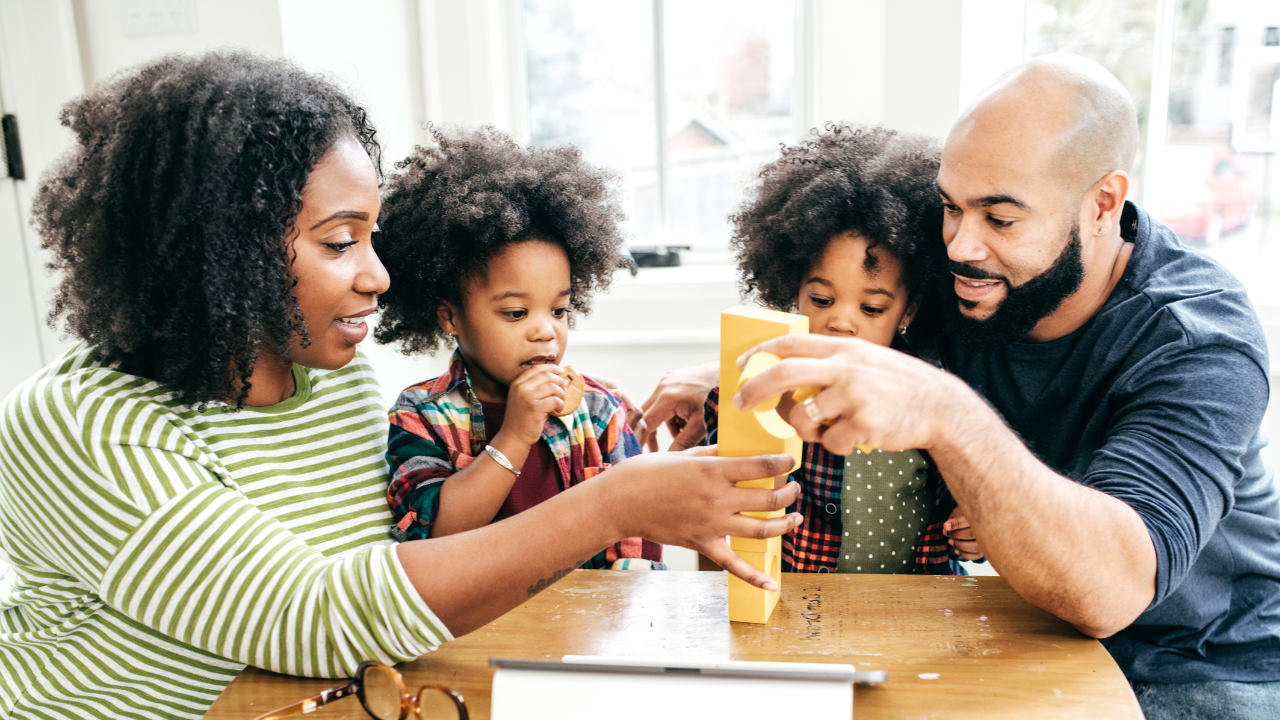Parenting Courses: Where to Start?

When you think “parenting class”, that is pretty broad. And while some parents cannot get enough of books and classes on how to be a better parent, others are overwhelmed and skeptical. The broad term of “parenting class” can cover everything from childproofing your home to nutrition to helping your children understand money. And we all learn that while these classes are helpful, you also need to adjust to your own child, family values, and what you can do. We do need guidance because we are not born with parenting abilities, and even if you had great models in your parents, the world keeps changing. I know that I have always leaned into any article on managing screens and video games. I had no history to lean on because we did not have the constant access to TV and media, so my parents never had to manage that.
So, how do you know when to take a class, will it actually be helpful, and after all what about our parental instincts? Sometimes advice can be conflicting and feel against our instincts. So where do you start?
What matters most
Whether you are trying to manage screens, bedtime or sibling rivalry, all of it relies on your relationship with your child. A quality relationship with a caring adult, usually a parent, is the biggest predictor of resilience and strong social emotional skills. Therefore, by starting with ways to strengthen your relationship, you are not only feeling more connected, and less conflictual, you are building the emotional resilience to take on challenges like screen time, bedtime, sibling conflict, and more.
What is a quality parent child relationship?
The question then becomes, how do we define a quality relationship? All parent child relationships experience some conflict, and hopefully closeness as well. It turns out there are specific behaviors that adults do that account for resilient relationships. Therefore, you are more likely to be successful if you take parenting courses that help you learn those skills. In other words, if you are looking for a parenting course, find one that can help you to develop the emotional skills necessary to engage with and respond to your children and foster connection.
How do children develop social emotional resilience?
Time and again, from the research of Dr. Louise Guerney to Dr. John Gottman, we can see that emotionally skilled adults have the power to help children build emotional resilience even in the face of high levels of stress. Social emotional learning happens through relationships with adults who exhibit specific behaviors. And these behaviors can be learned.
What are those key adult skills and behaviors?
One key skill is to understand, and communicate acceptance of, a child’s perspective and feelings. This is harder than it sounds. We worry that by accepting a child’s feelings and perspectives, we might be communicating that their behaviors are all ok. And it takes time to really understand a child -- to see behind the behaviors. Learning how to understand and communicate that understanding with a child is a difficult skill to learn, and it’s NOT saying, “I understand”. In Mariposa’s course on building emotional resilience, parents learn how to empathize with a child in such a way that the child feels understood, and the parent also broadens their understanding as well.
In any quality relationship, each person needs to feel understood, and to be able to express themselves. Therefore parents need to learn how to express their own feelings authentically. This is also a delicate balance. There is a big difference between a guilt trip, “You make me sad.” and “When you talk when I am talking, I feel frustrated.” In Mariposa’s parenting course, we give you the necessary components to ensure that you can share authentically so you can connect and feel understood without judging or overburdening your child.
Reading this, you are probably thinking, yes, I want to lower stress and connect. Stress and anxiety are at very high levels in schools and homes everywhere, but as a parent how can I help my child DO what they need to do, whether its homework, chores, or simply following a direction from me? And yes, children need your help to take steps towards competence, to show up, and to learn. Yet many of the ways we guide our children to change behaviors or to take action backfire, creating tensions that we know are not good for you or your child. There are steps to get behavior change quickly that not only does not break down the relationship, but also builds self control over time.
Furthermore, did you know a child needs 5 positive forms of feedback for each negative or constructive form of feedback to grow and learn. Gulp! And it turns out that not all positive reinforcement is equal. In other words, HOW you offer positive reinforcement to your children matters.
Developing the relationship you want
When you have the skills to develop the type of relationship that you want with your child, you can then guide them more effectively through stressful situations. Anxiety, power struggles, conflict and challenge are not things we can avoid all together. But when you have the skills to manage them, you not only can help your child build the emotional resilience they need, but you can lower your own stress and feel more effective.
To learn more about parent courses at Mariposa Education, go to the FOR PARENTS page on our website.

